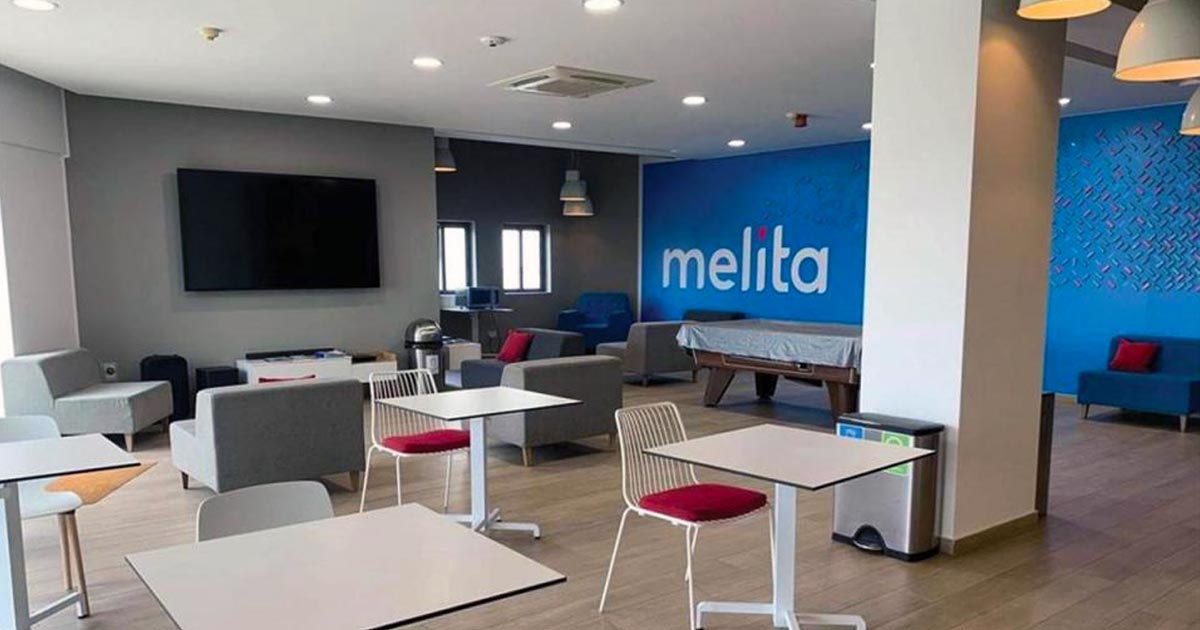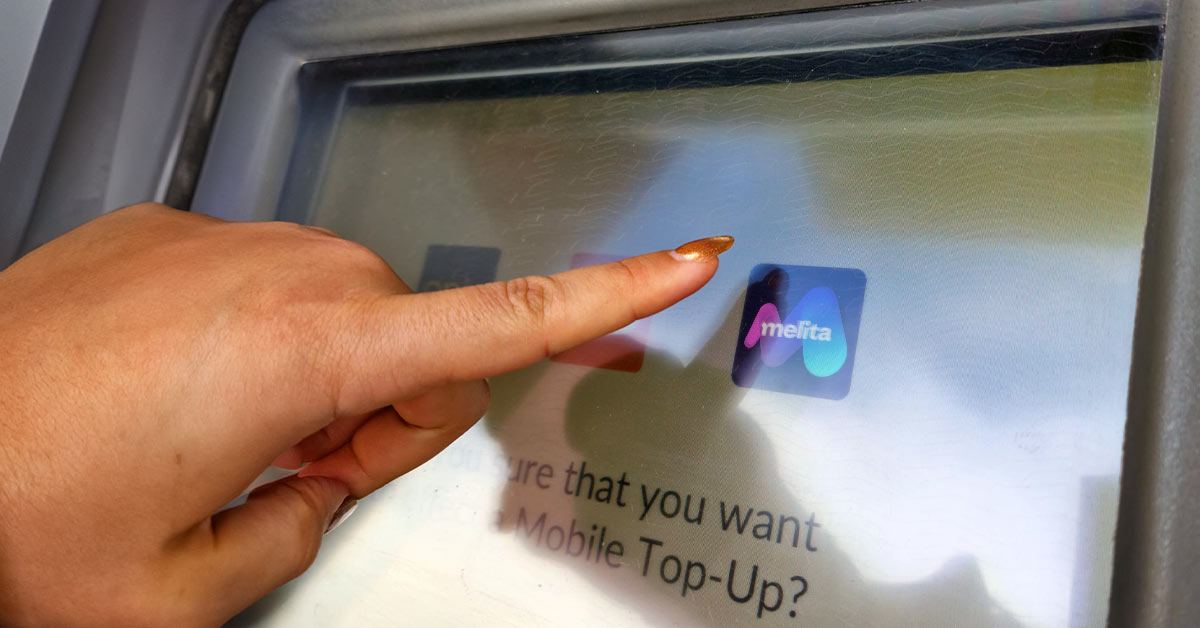
As Malta begins to exit from the COVID-19 outbreak, Jacqueline Abela, head of human resources at Melita Ltd, talks about how the company adapted to the outbreak, the impact on employees, and the permanent changes that have been implemented for working from home arrangements.
Prior to COVID-19, did you already offer employees the option to work from home?
Back then, the working from home option was being offered according to individual working circumstances and situations. This option was not provided across the board, as most of our employees needed to be involved directly in the field, looking after our network, at our data centre or else, for our customer care team, on the phones. At Melita our way of working depended heavily on face-to-face communication with clients and between departments. Given that, it’s testament to the strength of our culture and teamwork that we were able to move so smoothly to remote working.
With the spread of the pandemic, what percentage of Melita staff started working from home?
As the COVID-19 outbreak hit our islands, the majority of Melita employees started working from home. There were exceptions, such as the retail team, cleaning services team, installers, technicians, network teams and a skeleton staff manning the Madliena data centre. The staff responsible for office services also reported for work at Mrieħel because of the refurbishing conducted on-site.

What kind of set-up were the Melita employees given?
All Melita employees who worked from home were supplied with laptops. Employees worked on a flexible hours schedule, often around home-schooling or looking after their children, and we made sure all had access to essential software like Microsoft Teams, to continue with internal and external meetings. Of course, Teams was also used informally, to help everyone feel connected to their colleagues and counteract the potential loneliness of working remotely.
As a company, we really value our employee’s development, and we were able to keep this going by adding additional courses to our e-learning platform and continuing training programmes via video conferencing. As well as the learning benefits, this also helped everyone feel that we were continuing with business-as-normal as much as possible.
You recently conducted an internal survey to gauge how employees have been coping with working remotely – what were the main findings?
Firstly, we had a very positive response rate of 91 per cent which helped us get a very holistic picture. Many employees stated that the most crucial benefit of working from home was that they managed to achieve a better work-life balance. They also indicated they felt that they could work more effectively, with fewer distractions. Avoiding commuting and traffic was also – unsurprisingly – seen as a benefit. Some of our employees noted it had been easier to cope when their children felt sick.
We have worked hard to keep communication going across the company, despite the physical distance, so it was good to note that while working from home practically all of our employees (99 per cent) still thought that the company was keeping them well informed, updated and aware of Melita’s growth, changes and development. We understood that employees would be worried about the pandemic and uncertain about the future – our CEO made a commitment in March that everyone would have job security, and we re-communicated that often, so people were able to have one less thing to worry about.
Did you record any efficiency gains?
As regards working efficiency, 64 per cent of employees reported that they conducted their work more effectively. Another factor which improved efficiency was less commuting time (58 per cent). People adapted to the switch to virtual meetings differently, with 34 per cent stating that using Microsoft Teams resulted in quicker, more effective meeting. Overall the survey concluded that working from home resulted in employees saving on fuel, spending less on lunch and snacks, getting less distracted and staying more focused. 67 per cent of employees also reported that by working from home, communication between departments was not affected at all.
From the survey findings, what are the main downsides of working remotely?
The biggest struggle our employees faced while working remotely from home was unplugging after work, as 45 per cent found it challenging to find the appropriate time to switch off. Another major downside of working from home was loneliness, which 34 per cent of all respondents mentioned. Many employees miss seeing their colleagues and not being able to chat with them on a face-to-face basis.
Other minor downsides, at 23 per cent, were distractions at home, often from childcare and schools being closed. Also, less communication with the team at 22 per cent and staying motivated at 15 per cent were mentioned.
What do employees need to work more efficiently from home?
Along with many people across the world, we’ve found that the most important thing is a laptop and a good internet connection – we were able to get extra supplies of laptops quickly back in March, and of course all our employees benefit from a great internet connection!
Beyond video conferencing and messaging platforms – which we all needed – certain teams needed other software, for example to seamlessly handle calls and online enquiries. Our IT department put in a lot of effort in to getting this up and running three months ago, and the overall experience has been smooth.
Everyone adapted quickly, but after a few weeks at home, people noted they would be more efficient at home with things we take for granted in an office, like an ergonomic chair, a proper desk, better lighting. There’s obviously a limit to how many hours you can spend with your laptop actually on your lap, trying to find a quiet corner in a busy home.
Post-pandemic, will you be adapting your working from home policies?
Yes, we have already amended all employees’ contracts, and once mitigation measures allow it, we will give all employees who can continue to work from home the choice of working two days from home and three from the workplace, keeping in mind that some employees will prefer to work from the office every day.
In this way, we are providing the right balance between working from home and working from the office – and getting the benefits of both. From last week employees have been returning to the offices gradually on a rotation basis to keep areas with low numbers, so that we can adhere to the social distancing rules; different departments have different challenges working remotely so we have to make sure that everyone can voice their issues or concerns.
We have also implemented mitigation measures by updating protocols on using social locations like the canteen and meeting rooms. The past few months have certainly been a challenge for us all but our focus now must continue to be on taking the positive aspects of this experience and integrating these on a permanent basis into our new ways of working and human resources policies.






